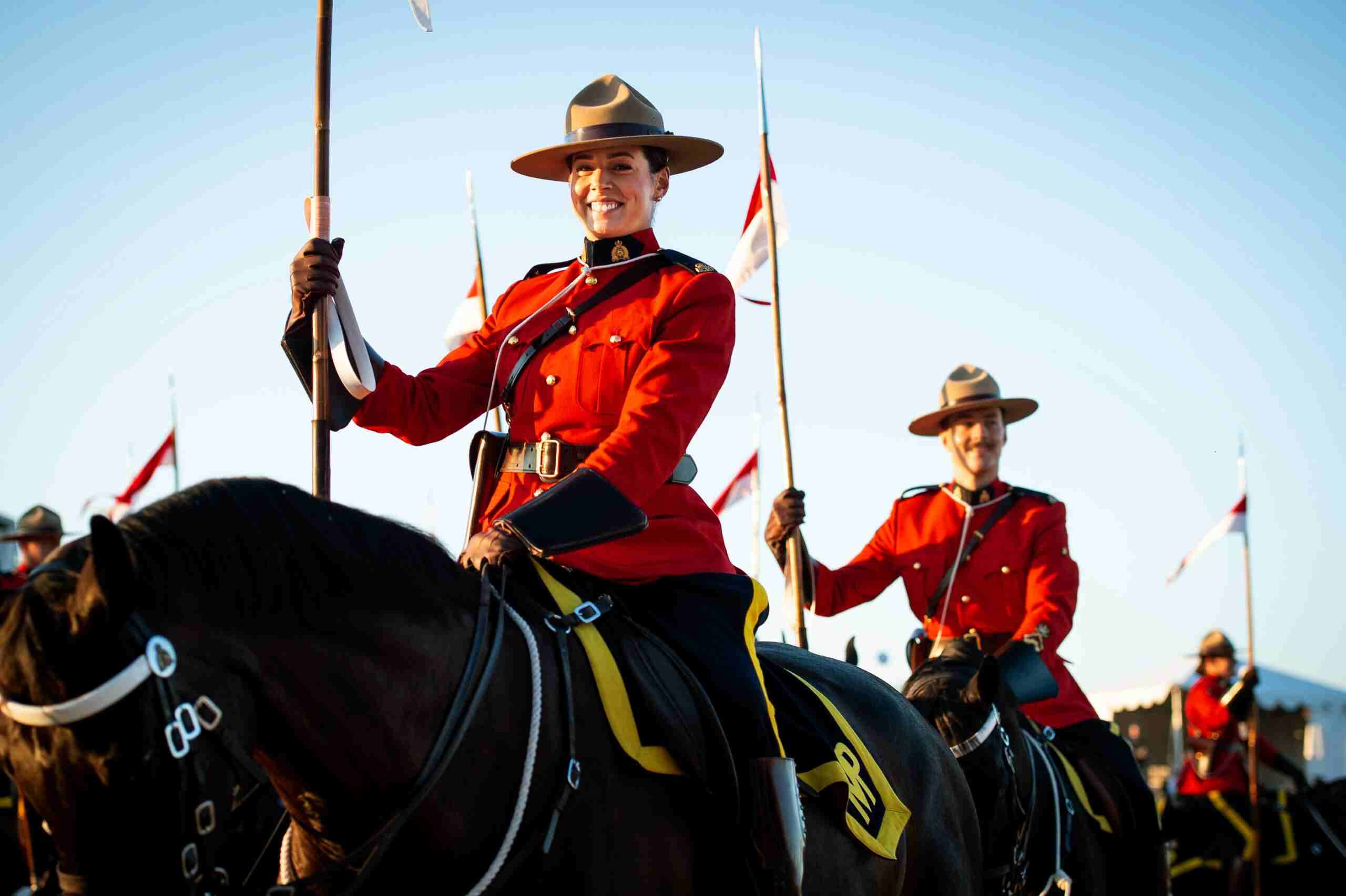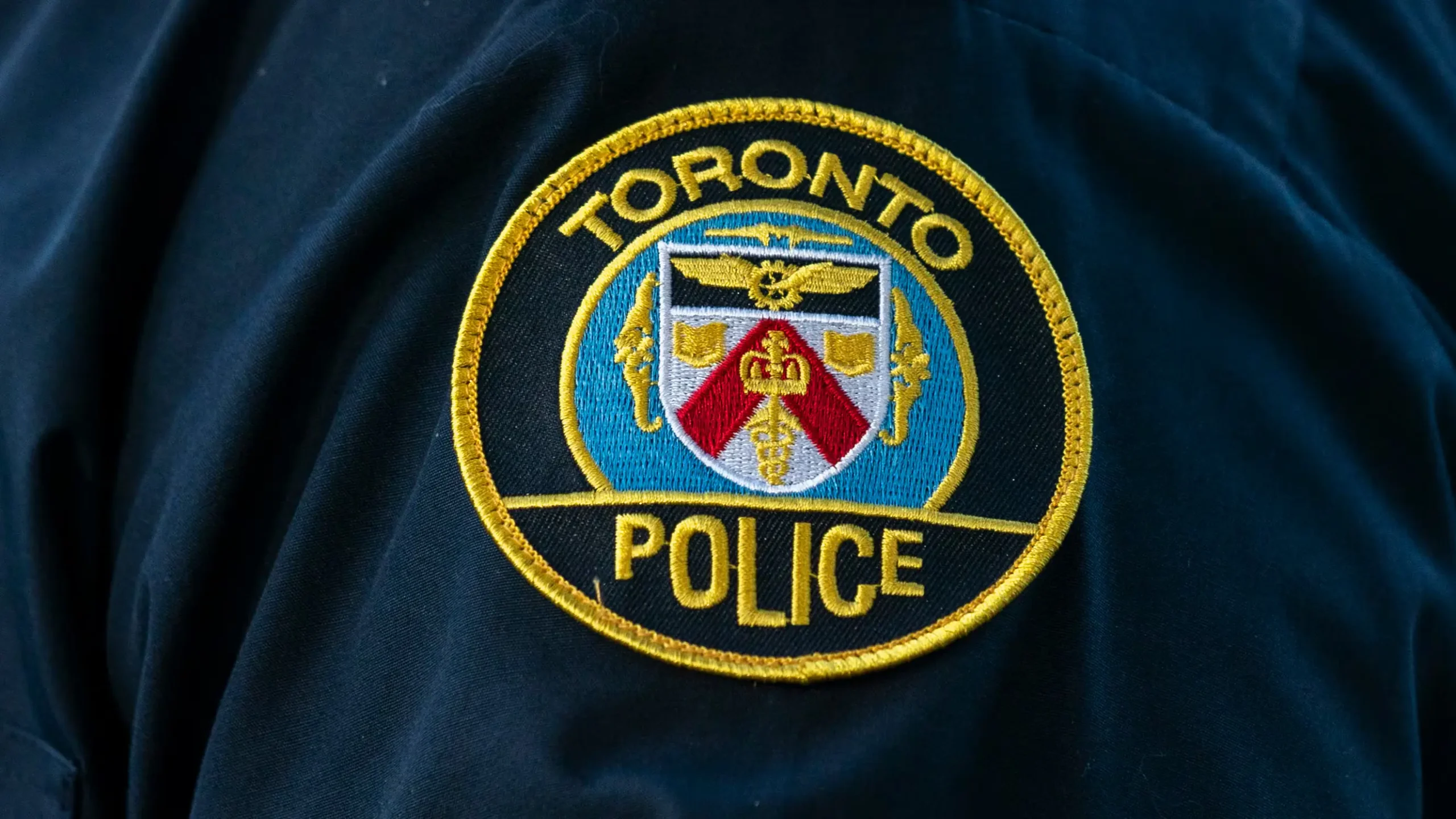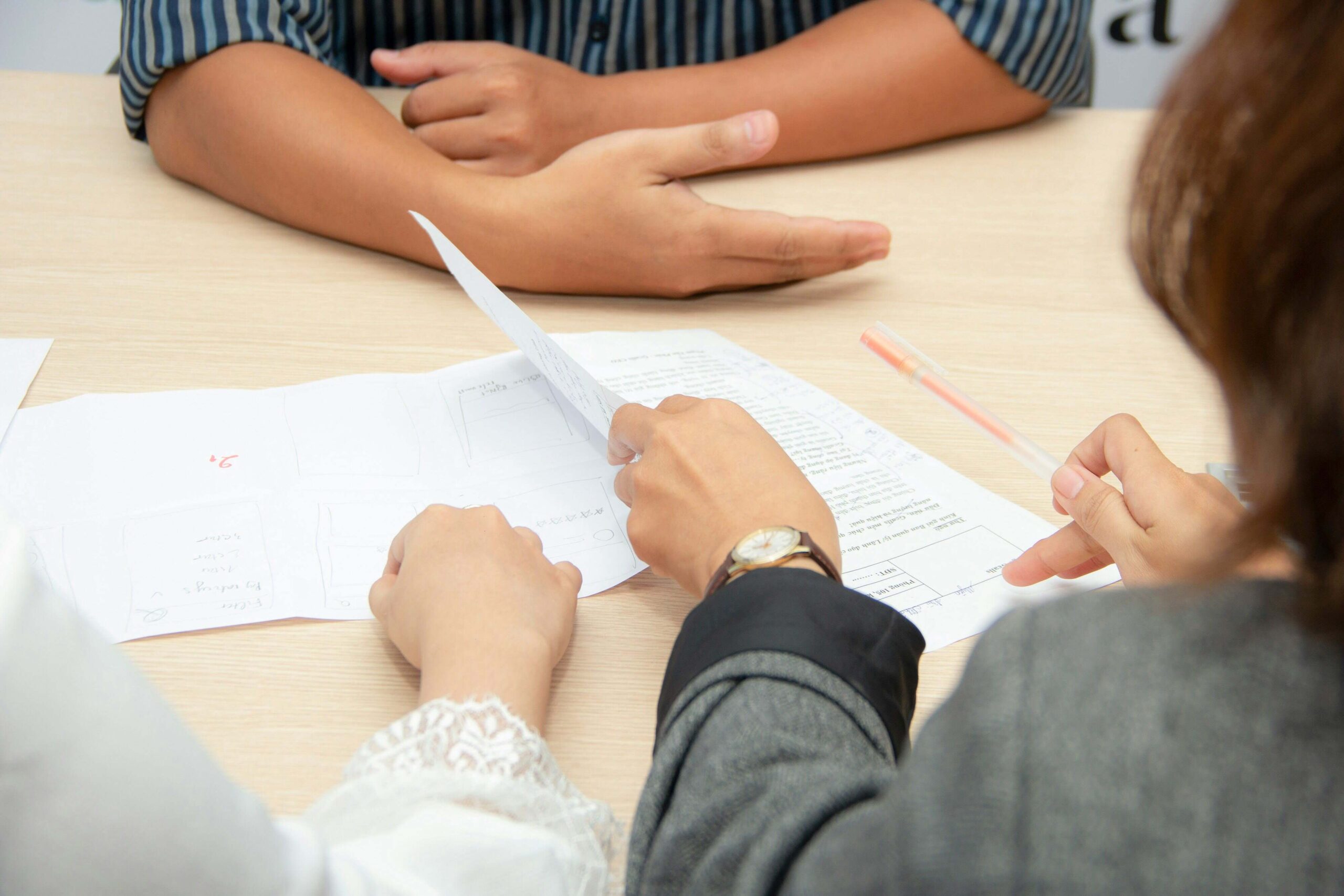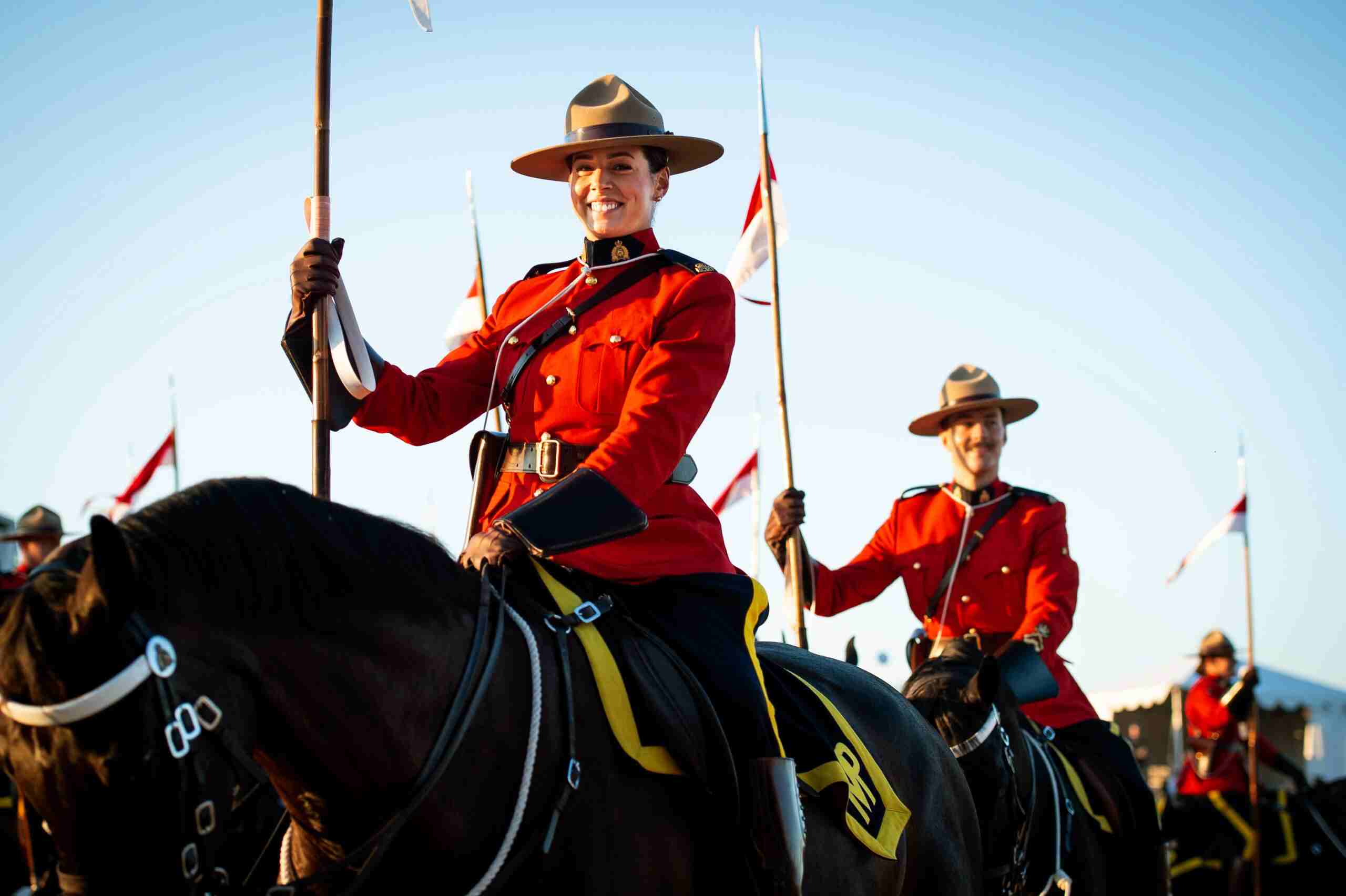Dreaming of a career that serves and protects Canadians, upholding justice and maintaining peace across our vast nation? For countless aspiring law enforcement professionals, joining the Royal Canadian Mounted Police (RCMP) represents the pinnacle of this ambition. But before you can don the iconic red serge, you’ll navigate a rigorous application process, with the interview stage being one of the most critical hurdles.
This isn’t just any job interview. It’s a deep dive into your character, your decision-making, your resilience, and your genuine commitment to public service. That’s why RCMP interview preparation isn’t merely recommended – it’s absolutely essential. In this comprehensive guide, we’ll walk you through everything you need to know to excel, ensuring you present your best, most authentic self.
Why the RCMP Interview is a League of Its Own
Unlike a typical corporate interview where you might discuss past sales figures or project successes, the RCMP interview probes the very core of who you are. The Force is looking for individuals who embody their core values: integrity, honesty, professionalism, compassion, and respect. They want to see how you handle pressure, make ethical decisions, work in a team, and adapt to challenging, often unpredictable, situations.
The interview panel, often comprising experienced officers or human resources professionals, employs a competency-based approach. This means they’re assessing specific skills and traits deemed crucial for a successful police officer. Your answers aren’t just about what you did, but how you did it, and why. Understanding this fundamental difference is the first step in effective RCMP interview preparation.
Setting the Stage: Essential Pillars of RCMP Interview Preparation
Let’s break down the journey into actionable steps that will empower you to approach your interview with confidence and clarity.
1. Know Thyself: Deep Self-Reflection and Assessment
Before you can articulate your strengths to someone else, you need to genuinely understand them yourself. This is arguably the most fundamental aspect of RCMP interview preparation.
- Values Alignment: Reflect on the RCMP’s core values. Can you genuinely align with them? Think of specific instances in your life – personal, academic, or professional – where you demonstrated integrity, respect, professionalism, or compassion.
- Strengths and Weaknesses: Be honest. What are you truly good at? Where do you need to improve? More importantly, what steps have you taken, or are you taking, to address your weaknesses? Self-awareness is a huge asset.
- Motivations: Why do you want to join the RCMP? Is it for the excitement? The stability? Or is there a deeper, more profound desire to serve your community and country? Your motivation will shine through, so ensure it’s authentic and service-oriented.
- Past Experiences: Catalogue your life experiences, both positive and challenging. How did you handle conflict? When did you demonstrate leadership? How did you recover from setbacks? These are the raw materials for your interview answers.
2. Know the Force: Comprehensive Research
You wouldn’t apply for any job without understanding the company, and the RCMP is no different. Your research should be thorough and ongoing.
- RCMP Website: This is your primary source. Explore sections on their history, mandate, current operations, strategic priorities, and, crucially, their core values and code of conduct.
- Current Events: Stay informed about current affairs, particularly those related to policing, public safety, and Canadian law. This demonstrates your engagement and awareness.
- Divisional Information: If you have a preferred division or area of service, research its specific operations and challenges.
- RCMP in the Community: Understand how the RCMP interacts with the diverse communities it serves, including Indigenous communities. This shows cultural sensitivity and an understanding of modern policing.
- Ask Questions: If you know anyone in law enforcement, gently pick their brain about the realities of the job and the qualities required.
This in-depth knowledge not only helps you formulate intelligent answers but also shows the panel your genuine interest and commitment to the RCMP.
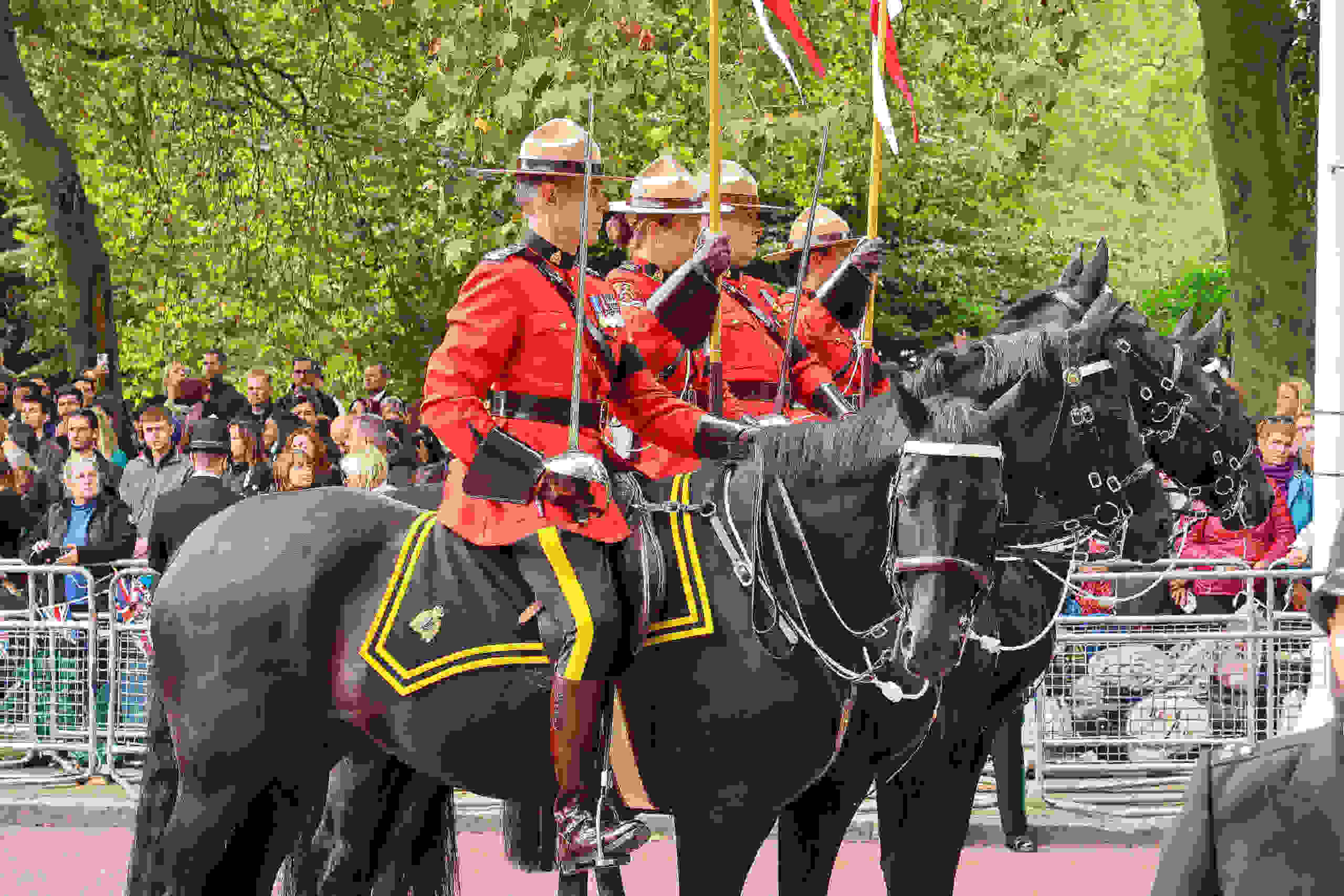
Mastering the Interview Formats: Behavioural and Situational Questions
The bulk of your RCMP interview will revolve around two primary question types: behavioural and situational. Your RCMP interview preparation must focus heavily on these.
1. Behavioural Questions: The “STAR” Method is Your Guiding Light
These questions ask about past experiences to predict future behaviour. They often start with phrases like, “Tell me about a time when…” or “Describe a situation where you…”
This is where the “STAR” method becomes your best friend:
- S – Situation: Briefly describe the background or context of the event. Where and when did it happen?
- T – Task: Explain your role and responsibilities in that situation. What was the goal?
- A – Action: Detail the specific steps you took to address the situation or complete the task. Be specific and use “I” statements. This is the most crucial part.
- R – Result: Describe the outcome of your actions. What was achieved? What did you learn? How did it benefit the situation, others, or yourself?
Example Behavioural Question: “Tell me about a time you had to deal with a difficult person.”
- S: “During my summer job at a retail store, a customer became very agitated because an item they wanted was out of stock.”
- T: “My task was to de-escalate the situation, understand their frustration, and find an acceptable solution, as per company policy.”
- A: “I calmly listened to their complaints without interruption, validated their feelings by saying, ‘I understand how frustrating that must be,’ and then explained our inventory system. I offered alternatives, including checking other store locations and offering a rain check with a discount on a similar item.”
- R: “The customer, though still disappointed, appreciated my effort and calm approach. They accepted the rain check and thanked me for trying to help. I learned the importance of active listening and maintaining composure under pressure.”
Practice applying the STAR method to various scenarios: conflict resolution, teamwork, ethical dilemmas, leadership, dealing with stress, adapting to change, and achieving challenging goals.
2. Situational Questions: How Would You Respond?
These questions present hypothetical scenarios and ask how you would react. They test your judgment, problem-solving skills, and ethical compass.
Example Situational Question: “You are on patrol late at night and observe a vehicle driving erratically. What steps would you take?”
For these, think through a logical, step-by-step response that demonstrates:
- Safety First: Prioritizing your safety and public safety.
- Procedural Knowledge: While you’re not an officer yet, show you understand the need for protocol.
- Ethical Considerations: Are there any ethical dilemmas?
- Communication: How would you communicate with dispatch, your partner, or the public?
- Decision-Making: What factors would influence your decisions?
Your answer should be well-reasoned and demonstrate a foundational understanding of police duties, even if theoretical.
Common Pitfalls to Avoid in Your RCMP Interview Preparation
While focusing on what to do is important, knowing what not to do is equally valuable for RCMP interview preparation.
- Failing to Prepare: This is the biggest mistake. “Winging it” simply won’t work for an RCMP interview.
- Lack of Specificity: Vague answers that don’t provide concrete examples are unhelpful. Always aim for detailed, STAR-method-driven responses.
- Negative Talk: Avoid speaking negatively about past employers, colleagues, or experiences. Focus on what you learned.
- Exaggeration or Dishonesty: The RCMP prioritizes integrity. Any embellishment or dishonesty will be detected and will disqualify you. Be truthful, always.
- Lack of Enthusiasm or Energy: Show your genuine interest and passion for the career.
- Not Asking Questions: At the end of the interview, you’ll likely be asked if you have questions. Prepare intelligent, thoughtful questions that show your engagement and interest in the role, not just the benefits package.
- Poor Non-Verbal Communication: Maintain eye contact, sit up straight, and project confidence. Your body language speaks volumes.
Going Beyond: The Holistic Approach to RCMP Interview Preparation
RCMP interview preparation isn’t just about what you say; it’s about your overall presentation and mindset.
- Dress the Part: Always dress professionally in business attire. This shows respect for the process and the institution.
- Practice Mock Interviews: If possible, conduct mock interviews with a friend, mentor, or career coach. Get feedback on your answers, delivery, and body language. Record yourself if you can – it’s incredibly insightful.
- Physical and Mental Readiness: The RCMP application process is long and demanding. Maintain a healthy lifestyle, manage stress, and ensure you’re in good physical condition. A clear mind and a fit body contribute to a confident presence.
- Ethical Considerations: Be prepared to discuss ethical dilemmas. The RCMP places a huge emphasis on ethical conduct. Think about scenarios where you’ve had to choose between right and wrong, even when it was difficult.
- Resilience and Adaptability: Policing is a dynamic field. Showcase your ability to adapt to new situations, learn from mistakes, and persevere through challenges.
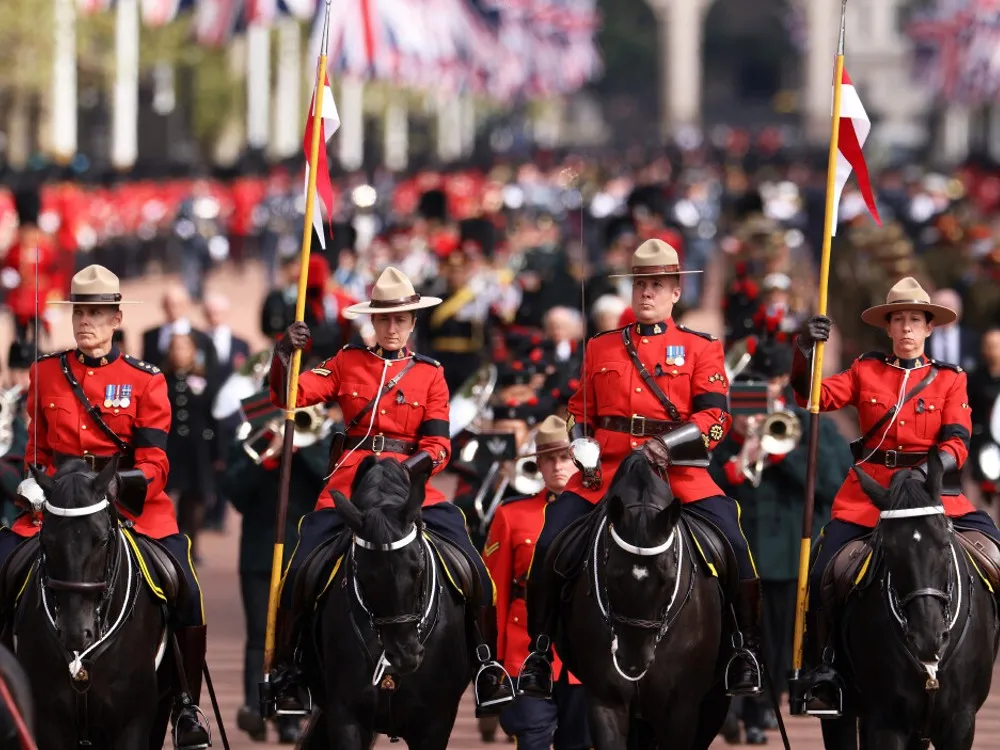
The Interview Day: Maintaining Composure and Confidence
On the day of your interview, allow plenty of time to travel. Arrive early, but not excessively so. Take a few deep breaths before you enter. Remember, you’ve done the work, you’ve prepared, and you are ready.
- Listen Carefully: Pay close attention to each question. If you need clarification, politely ask for it.
- Take Your Time: It’s perfectly acceptable to pause for a few seconds to collect your thoughts before answering. A thoughtful pause is better than a rushed, unorganized answer.
- Be Authentic: While you’ve prepared, don’t sound rehearsed. Let your genuine personality and passion shine through.
- Thank the Panel: Always end by thanking the interview panel for their time and the opportunity.
After the Interview: Patience and Professionalism
The waiting period after an RCMP interview can be lengthy. Resist the urge to constantly check for updates.
- Follow Up (Appropriately): A brief, polite thank-you email within 24 hours of the interview is a professional touch, but avoid excessive follow-ups.
- Maintain Your Standards: Continue to live up to the high standards expected of an RCMP applicant. Any misstep during the application process can jeopardize your chances.
- Stay Positive: Even if this isn’t your time, view it as a learning experience. Many successful applicants were not accepted on their first attempt.
Your Journey Begins Now
Joining the RCMP is a calling, a commitment to a challenging yet profoundly rewarding career. Your RCMP interview preparation is not just about getting through a hurdle; it’s about laying the foundation for your future as a dedicated and effective police officer.
By investing time in self-reflection, thorough research, and practicing your responses, you’re not just preparing for an interview – you’re preparing for a life of service. Embrace the process, believe in your capabilities, and demonstrate the qualities that make you an ideal candidate to protect and serve the citizens of Canada. Good luck on your journey – the nation awaits your contribution.

